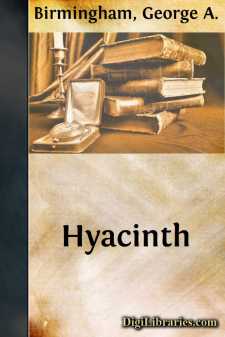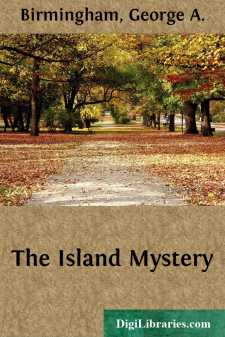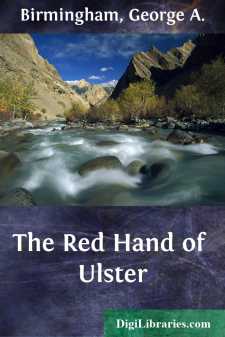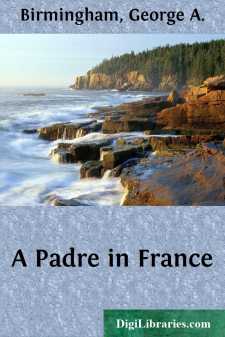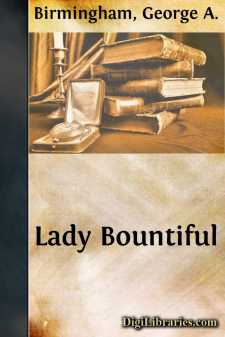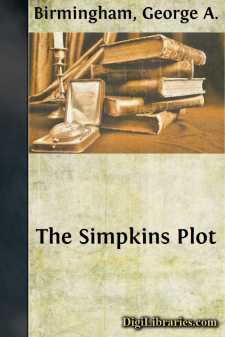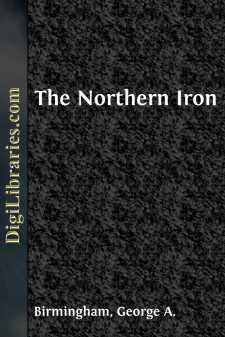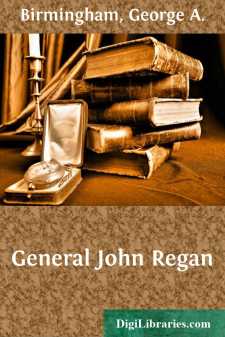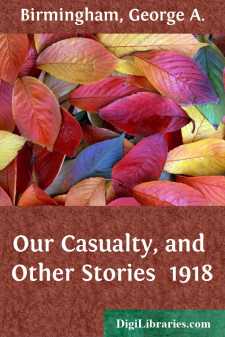Categories
- Antiques & Collectibles 13
- Architecture 36
- Art 48
- Bibles 22
- Biography & Autobiography 813
- Body, Mind & Spirit 142
- Business & Economics 28
- Children's Books 15
- Children's Fiction 12
- Computers 4
- Cooking 94
- Crafts & Hobbies 4
- Drama 346
- Education 46
- Family & Relationships 57
- Fiction 11829
- Games 19
- Gardening 17
- Health & Fitness 34
- History 1377
- House & Home 1
- Humor 147
- Juvenile Fiction 1873
- Juvenile Nonfiction 202
- Language Arts & Disciplines 88
- Law 16
- Literary Collections 686
- Literary Criticism 179
- Mathematics 13
- Medical 41
- Music 40
- Nature 179
- Non-Classifiable 1768
- Performing Arts 7
- Periodicals 1453
- Philosophy 64
- Photography 2
- Poetry 896
- Political Science 203
- Psychology 42
- Reference 154
- Religion 513
- Science 126
- Self-Help 84
- Social Science 81
- Sports & Recreation 34
- Study Aids 3
- Technology & Engineering 59
- Transportation 23
- Travel 463
- True Crime 29
Hyacinth
Description:
Excerpt
CHAPTER I
In the year 1850 or thereabouts religious and charitable society in England was seized with a desire to convert Irish Roman Catholics to the Protestant faith. It is clear to everyone with any experience of missionary societies that, the more remote the field of actual work, the easier it is to keep alive the interest of subscribers. The mission to Roman Catholics, therefore, commenced in that western portion of Galway which the modern tourist knows as Connemara, and the enthusiasm was immense. Elderly ladies, often with titles, were energetic in the cause of the new reformation. Young ladies, some of them very attractive, collected money from their brothers and admirers. States-men and Bishops headed the subscription-lists, and influential committees earnestly debated plans for spending the money which poured in. Faith in the efficacy of money handled by influential committees is one of the characteristics of the English people, and in this particular case it seemed as if their faith were to be justified by results. Most encouraging reports were sent to headquarters from Gonnemara. It appeared that converts were flocking in, and that the schools of the missionaries were filled to overflowing. In the matter of education circumstances favoured the new reformation. The leonine John McHale, the Papal Archbishop of Tuam, pursued a policy which drove the children of his flock into the mission schools. The only other kind of education available was that which some humorous English statesman had called 'national,' and it did not seem to the Archbishop desirable that an Irish boy should be beaten for speaking his own language, or rewarded for calling himself 'a happy English child.' He refused to allow the building of national schools in his diocese, and thus left the cleverer boys to drift into the mission schools, where they learnt carefully selected texts of Scripture along with the multiplication-table. The best of them were pushed on through Dublin University, and crowned the hopes of their teachers by taking Holy Orders in the Church of England. There are still to be met with in Galway and Mayo ancient peasants and broken-down inhabitants of workhouses who speak with a certain pride of 'my brother the minister.' There are also here and there in English rectories elderly gentlemen who have almost forgotten the thatched cottages where they ate their earliest potatoes.
Among these cleverer boys was one Æneas Conneally, who was something more than clever. He was also religious in an intense and enthusiastic manner, which puzzled his teachers while it pleased them. His ancestors had lived for generations on a seaboard farm, watered by salt rain, swept by misty storms. The famine and the fever that followed it left him fatherless and brotherless. The emigration schemes robbed him and his mother of their surviving relations. The mission school and the missionary's charity effected the half conversion of the mother and a whole-hearted acceptance of the new faith on the part of Æneas....


